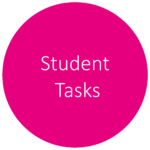
Home / Tasks
Description
Included here are tasks we have developed ourselves or collected from other sources, these are specifically relevant for facilitating interdisciplinary interaction or integration among students. Our collection of examples and “ready made resources” are of a generic level – from which instructors can design and adapt to something more appropriate to their own situation. Suggestions for specific uses as well as further information is provided on the particular course designs and goals, to which tool each is most suited.
We include:
1. The types of groups the tool supports: single or monodisciplinary groups versus mixed or interdisciplinary groups.
2. The degree of integration aimed for: low integration or multidisciplinary versus high integration or interdisciplinary.
3. The structure of the problem tasks for students: open (ended) or closed (well-structured)
4. The sets of skills the task most directly targets: metacognitive, interdisciplinary problem-solving, or team.
Are you not sure which task to use? Use our Task Picker tool to find the task that satisfies your needs.
Tasks
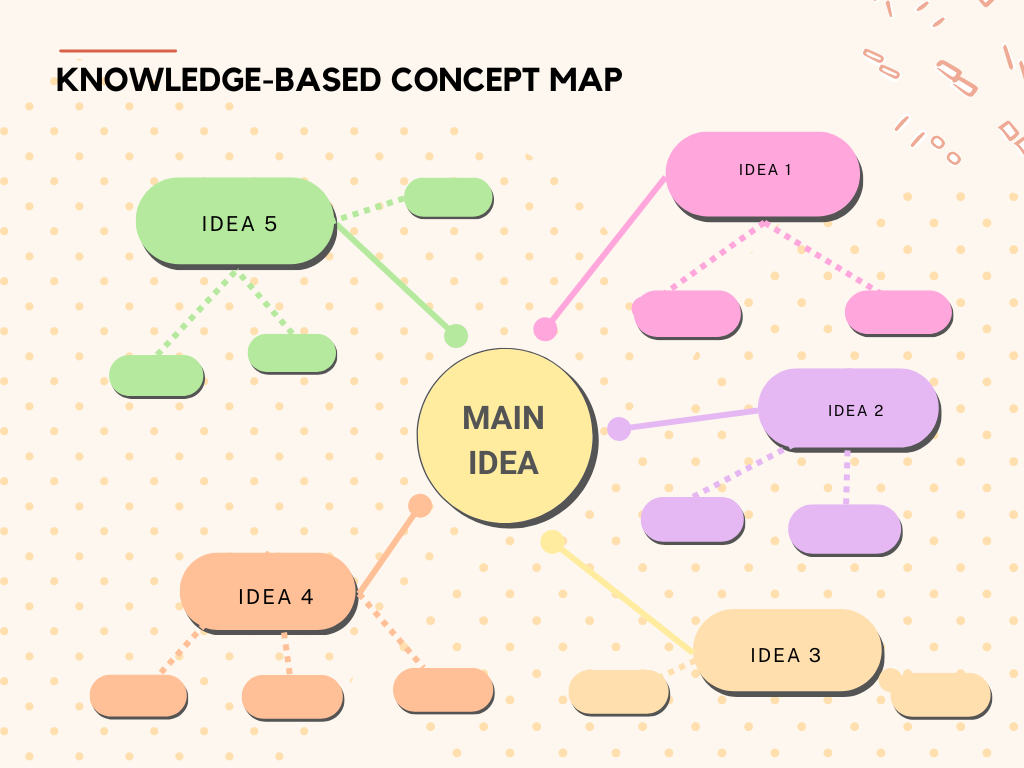
Knowledge-Based
Concept Mapping Task
Mapping the structure and content of disciplinary knowledge for sharing with teammates.
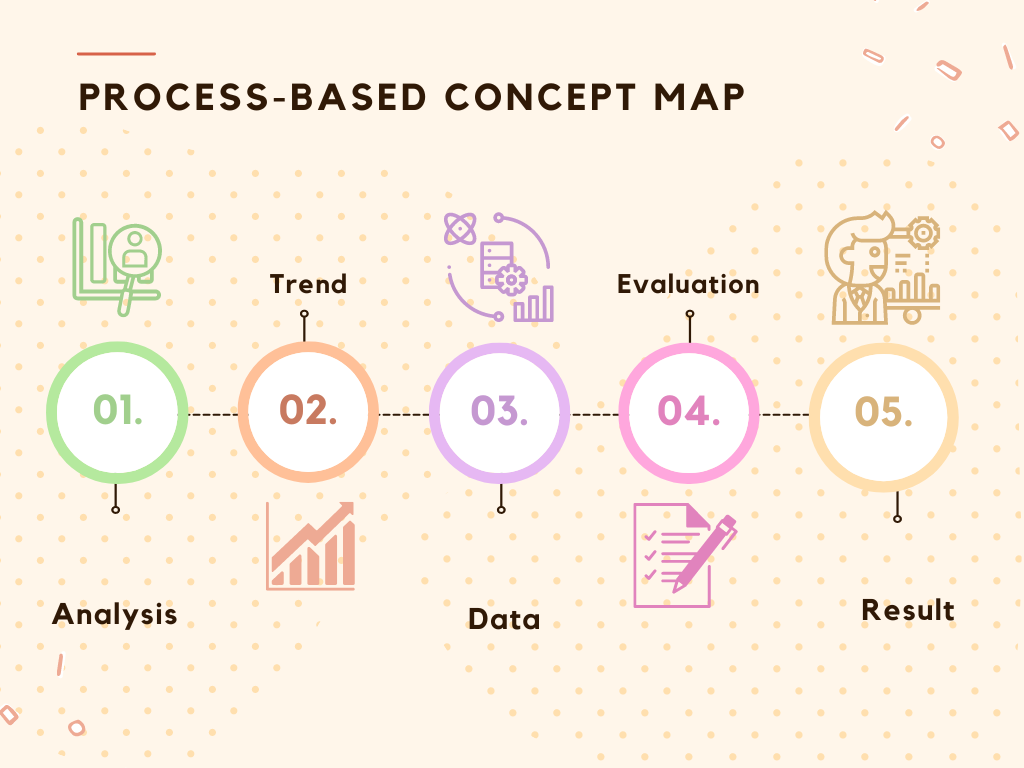
Process-Based
Concept Mapping Task
Helping students illustrate and share the processes by which their field solves problems.
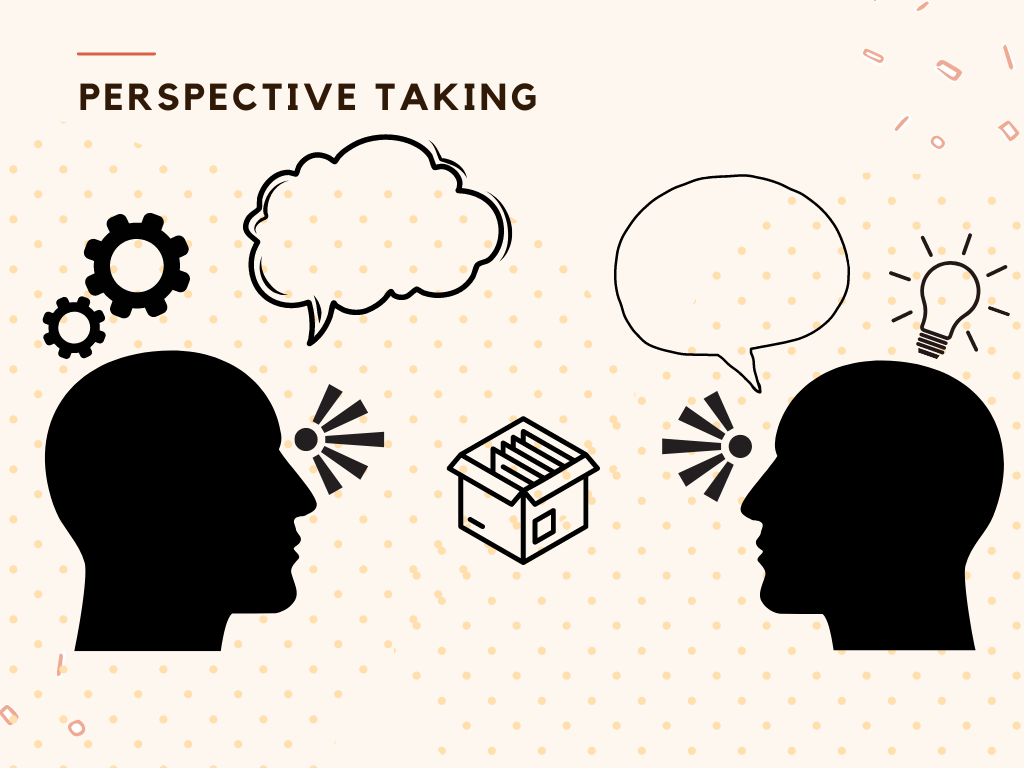
Perspective-Taking Task
Practising to look from a different angle to approach a problem.

Role play
Students are immersed in complex scenarios though scaffolded role play.

Case Study Analysis
Analyzing existing cases of interdisciplinary research to explore what kinds of interdisciplinary interactions are possible.
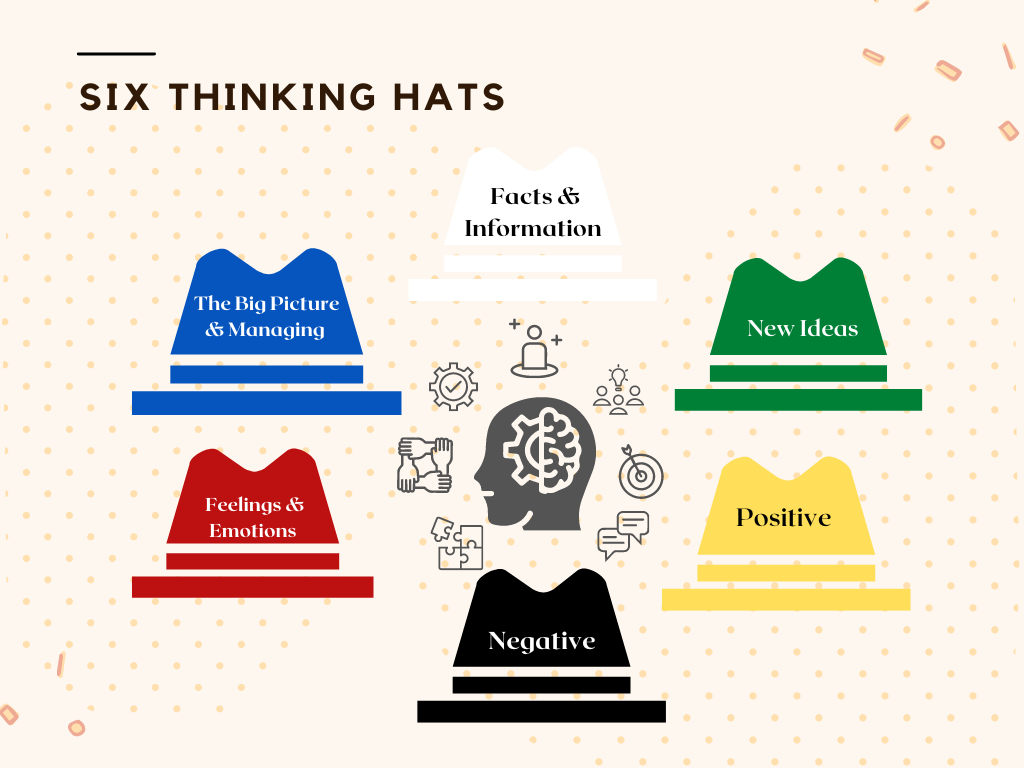
de Bono's 6 Thinking Hats
This interdisciplinary twist on a well known decision making approach, encourages further perspectives to be incorporated into the project.
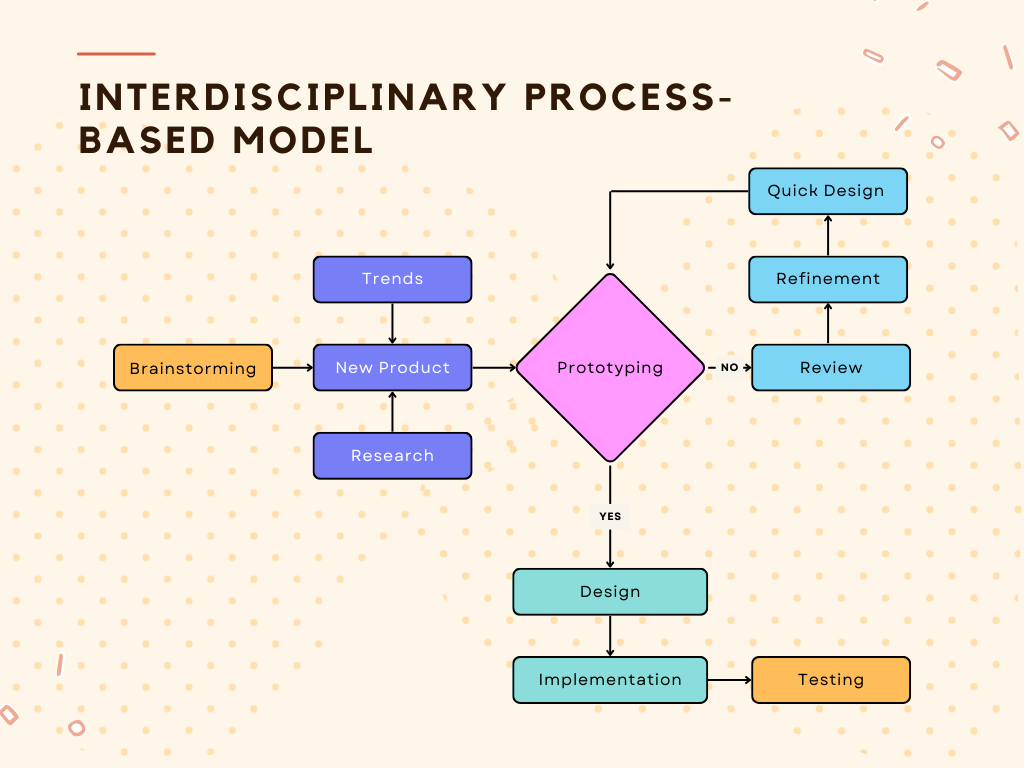
Interdisciplinary
Process-Model Task
Providing a set of steps or a walkthrough for solving an interdisciplinary problem
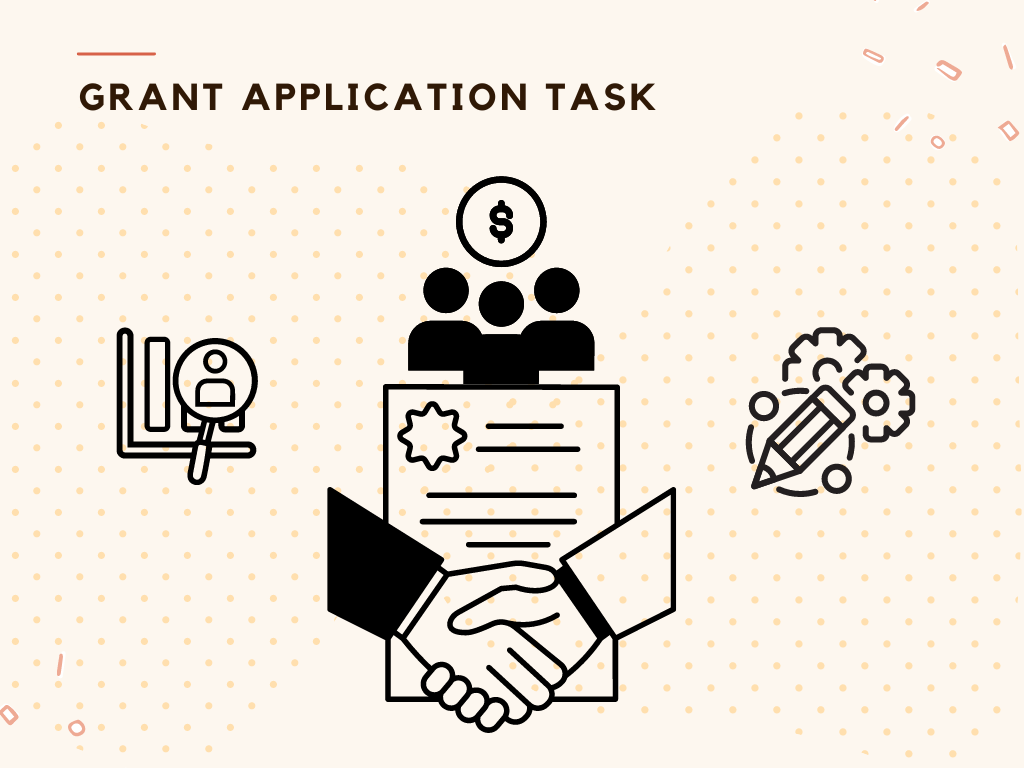
Grant Application Task
Practising the first steps of interdisciplinary problem solving
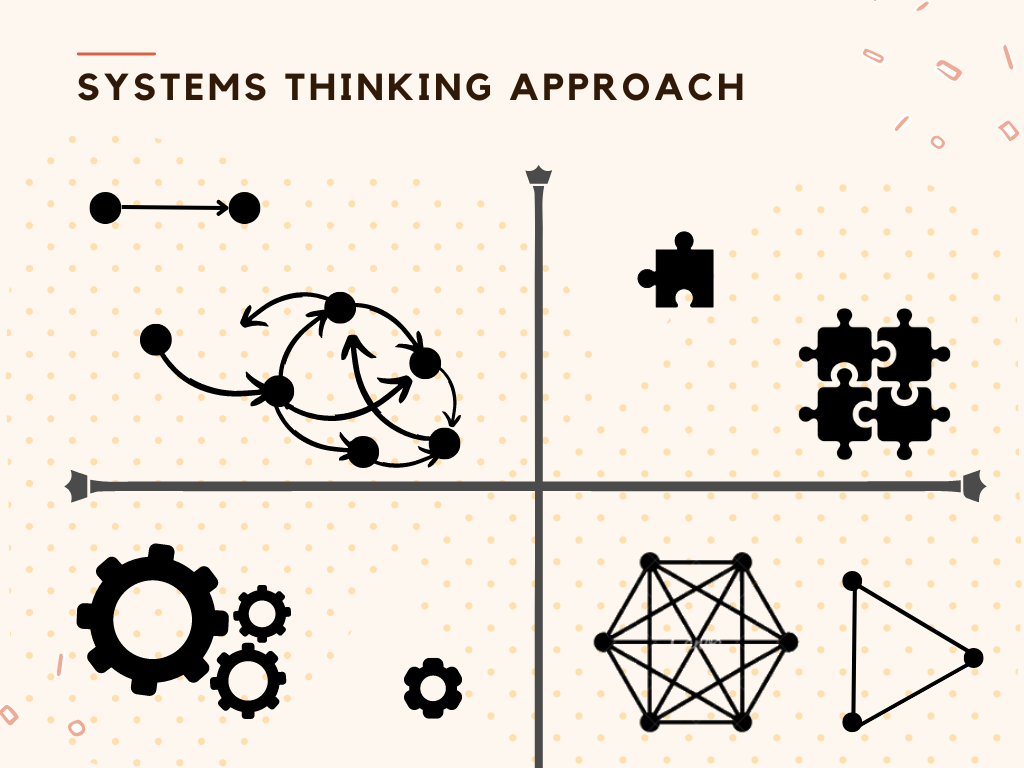
Systems Thinking Approach
Training a holistic approach to analyzing phenomena which supports interdisciplinarity
Team Skills Tasks
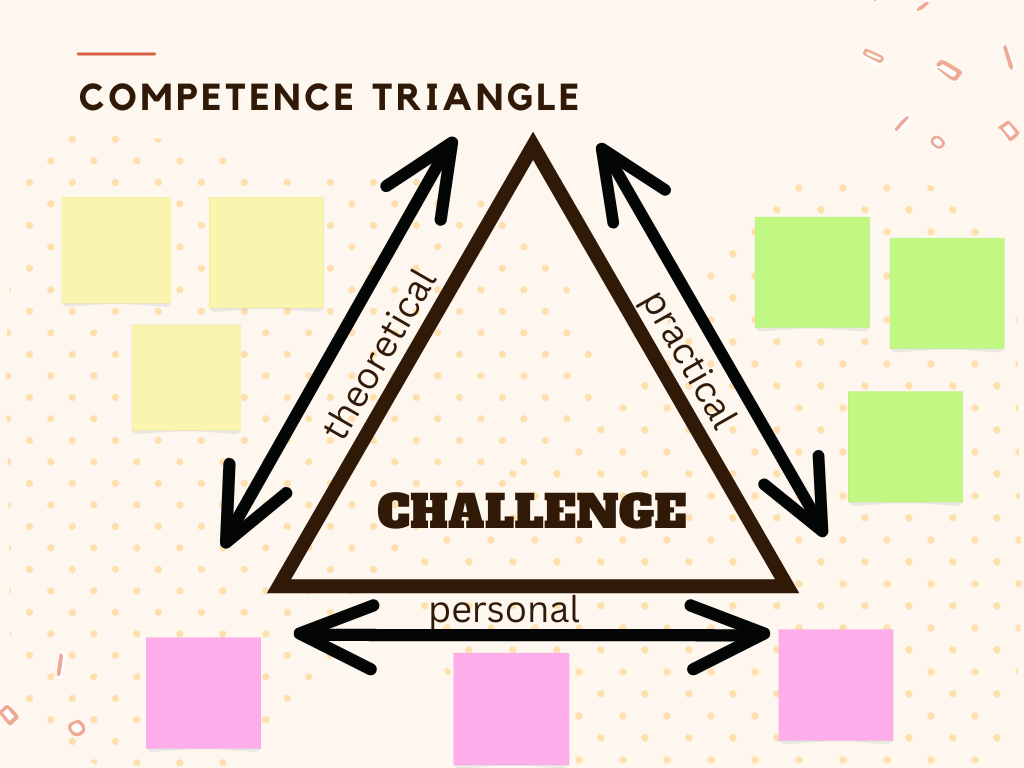
Competence Triangle
Visualise team competencies applicable to the project.
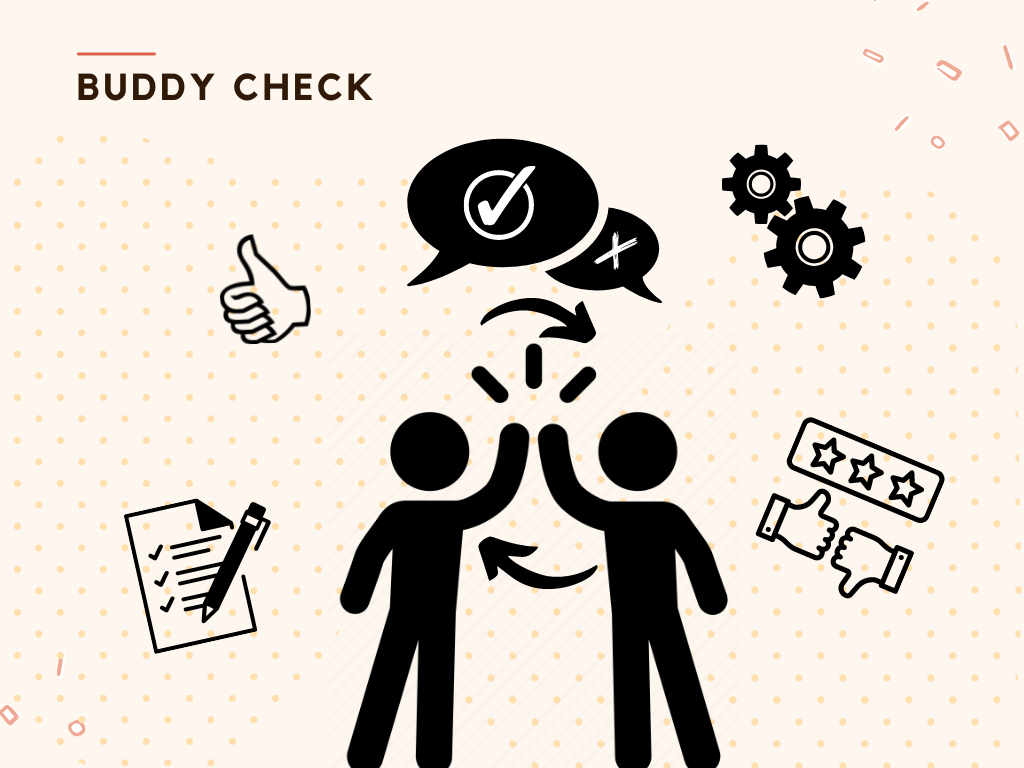
BuddyCheck
Tailorable peer review application.

Team Contracts
Setting expectations for process and product quality within the group.

Communication
A micro-lecture to train students to listen actively, realise the consequences of poor communication and to reflect on their own habits.
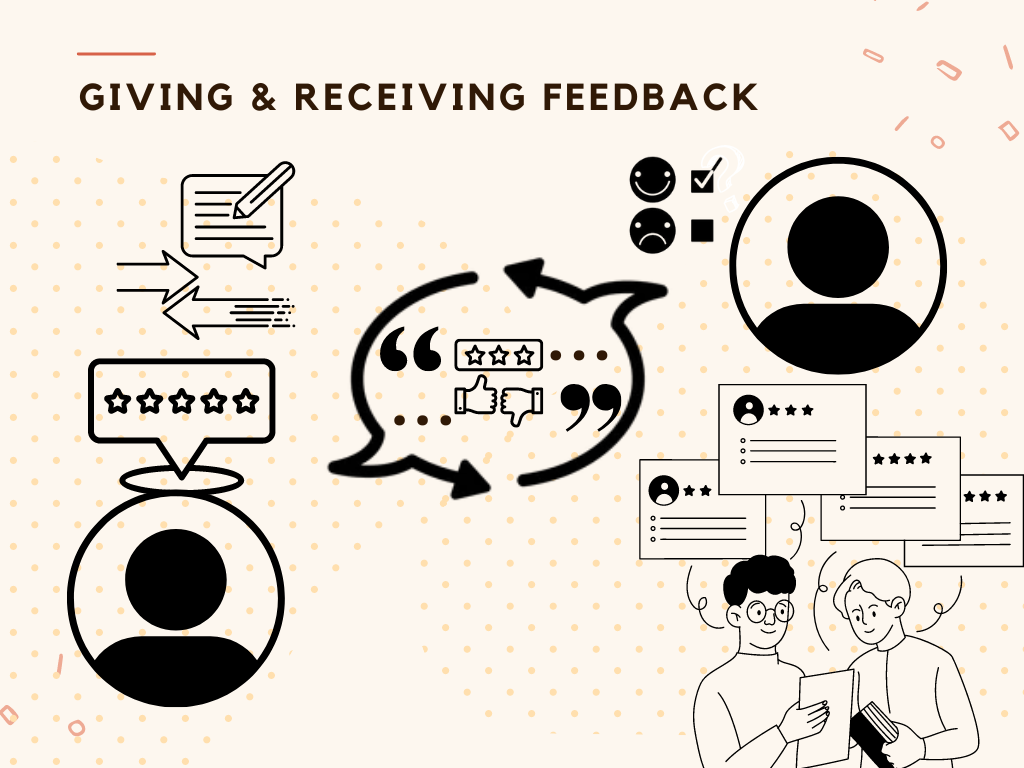
Giving & Receiving Feedback
A micro-lecture on giving constructive feedback and reflection on own team behaviour.
